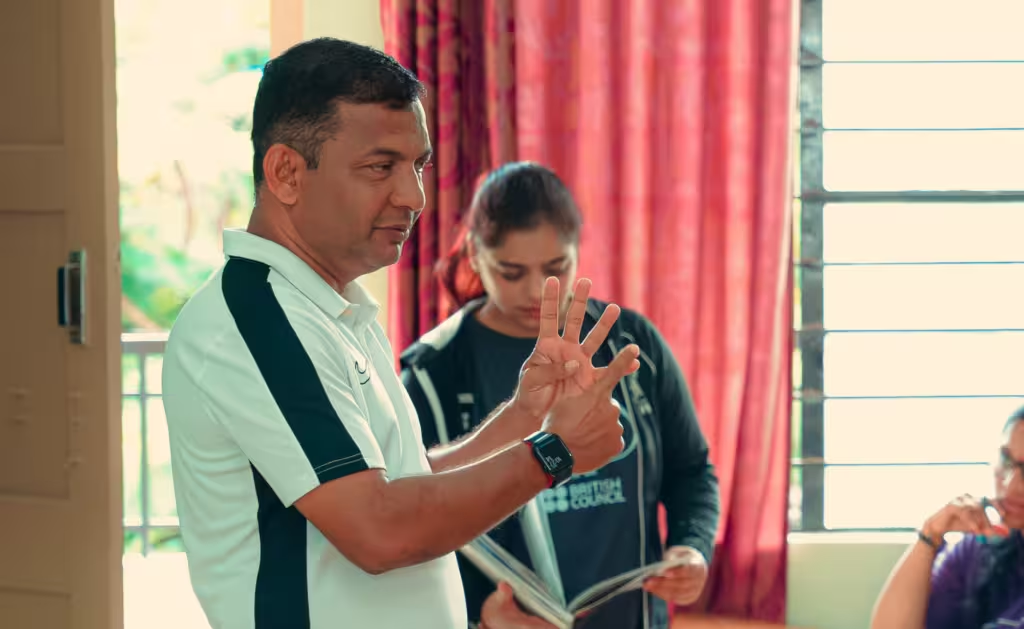~ Head of Youth Development, Shekhar Kerkar explains the key qualities assessed at Sporting’s U-17 and U-19 youth trials.
As the new Head of Youth Development at Sporting Clube de Goa, Shekhar Kerkar is cultivating individuals equipped to thrive both on and off the pitch. A former head coach of the club’s U-19 squad, Shekhar’s promotion marks a strategic investment in the grassroots system of one of Goa’s most storied football institutions.
“My vision is very clear,” he states. “I want to see a consistent number of players graduating from our youth system into the senior team, at least four to five each season. That continuity helps Sporting stay true to its identity rather than relying on external talent.” For Shekhar, the mission is two-fold: producing tactically adept footballers and nurturing disciplined, well-rounded individuals.
The three core qualities Sporting prioritises at trials
Sporting recently conducted trials for their U-17 and U-19 teams across North and South Goa. While the turnout was impressive, the selection lens was even sharper.
What really stood out to Shekhar and his team was how players communicated on the field, how quickly they made decisions, and whether they could stay composed under pressure.
“Tactical communication is key,” Shekhar explains. “We observed how players understood positioning and in-game scenarios such as the ability of the players to read the play, were they able to think beyond the moment and anticipate what’s next?,” he says.
“The technical side:- passing, receiving, spatial awareness and physical readiness were also critical. We evaluated players on their ability to stay sharp and ready for the next action. In football, it’s not just about reacting to what’s happening, but about staying alert and thinking ahead in every moment of the game,” Shekhar further adds.
From selection to senior team integration
Sporting’s youth development pathway spans from U-14 to U-20, with a focus on continuity and long-term growth. Rather than overhauling teams each season, the club retains a core group of promising players and carefully integrates new talent to strengthen and support the squad’s progression.
“For example, in the U-20s, we maintain a balance between older and younger players like combining 2006 and 2007-born athletes. That way, we’re always building for both the present and the next season,” says Shekhar. This ensures that by the time players reach the senior team, they’ve not just aged into eligibility but they’ve been groomed through years of consistent, high-level training.
Tailoring player development by age group
The training philosophy at Sporting Clube de Goa is clear: prepare players for the game by training like the game. “ We don’t place much emphasis on unopposed drills,” says Shekhar. “Instead, we try to put them in opposed situations—because football is always played with an opponent, a ball, and a goal. So our sessions are designed to reflect real match conditions,”he says.
Drills like 5v3 or 5v5 simulate real-time decision-making under pressure. For players who struggle to keep up tactically, the sessions are scaled down to help them grasp the fundamentals before re-integrating into full-team play.
While tactical focus increases with age, the intensity is consistent across all levels.
“When it comes to the elite age groups like U-18 and U-20, we focus heavily on tactical understanding. For the younger age groups like U-14 and U-16, we support them with tactical basics and skill development,” he further adds.
The club follows a periodized training schedule. Younger squads (U-14, U-16) train 2–3 times a week with a match day, while elite groups (U-18, U-20) train five to six days a week, with workloads adjusted based on match frequency.
“We’re extremely careful about load management. We don’t want burnout at the grassroots level,” Shekhar notes. “But we do expect game intensity in every session from the youngest age group to the most senior academy players. That balance is key to long-term growth.”


